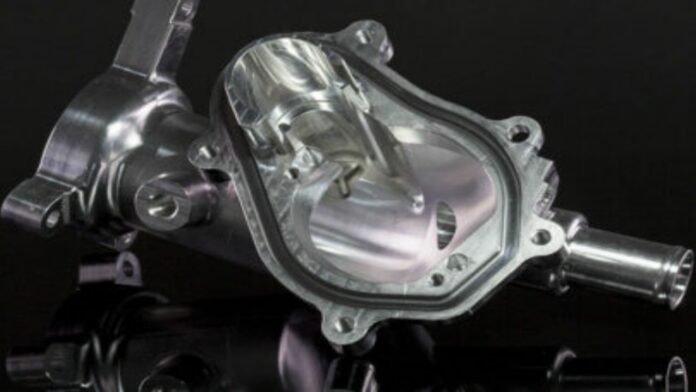In today’s world, the call for sustainable manufacturing practices has never been louder. As industries strive to minimize their ecological footprint, advanced technologies like CNC Machining Servicesoffer a ray of hope. Computer Numerical Control (CNC) machining stands out as a leading eco-friendly solution in the manufacturing landscape. This article delves into the environmental advantages of CNC machining, shedding light on how this technology drives sustainable manufacturing.
Eco-Friendly Aspects of CNC Machining
1. Precision and Material Efficiency
One of the core strengths of CNC machining lies in its precision and material efficiency. Unlike traditional manufacturing processes that involve excessive material removal, CNC machines operate with unparalleled accuracy. They shape components with minimal waste, optimizing material usage. As a result, manufacturers can reduce raw material consumption, contributing significantly to waste reduction and resource conservation.
2. Energy Conservation
CNC machines are designed to be energy-efficient. They consume only the necessary power to execute precise cutting, drilling, and shaping operations. Furthermore, the automation and computer-guided processes minimize human errors, avoiding rework and additional energy expenditure. As a result, CNC machining reduces energy consumption, leading to lower greenhouse gas emissions and a greener manufacturing environment.
3. Reduced Emissions
Traditional manufacturing methods often produce harmful emissions, leading to air and water pollution. CNC machining, on the other hand, uses clean energy sources and involves fewer physical operations, significantly reducing emissions. With CNC machines equipped with efficient filtration systems, harmful particulates and fumes are effectively captured, further mitigating the environmental impact.
Recycling and Circular Economy
CNC machining also plays a pivotal role in promoting the circular economy. Manufacturers can recycle and reuse leftover materials from CNC processes. Offcuts and unused portions can be repurposed, limiting waste generation and easing the burden on landfills. The recyclability of materials used in CNC machining contributes to a more sustainable manufacturing ecosystem.
Challenges and Improvements
1. Sustainable Material Selection
For CNC machining to truly champion sustainability, manufacturers must prioritize the use of eco-friendly materials. Bio-based and recyclable materials are gaining traction in the industry, and further research into their suitability for CNC processes is crucial. As technology advances, a broader range of sustainable materials may become readily available, aligning CNC machining with the principles of environmental responsibility.
2. Waste Management
While CNC machining significantly reduces waste compared to conventional methods, managing the by-products effectively is essential. Implementing efficient waste management systems ensures that any remnants or dust from the machining process are responsibly handled or recycled. Improving waste management further enhances CNC machining’s sustainable profile.
Adoption and Awareness
The widespread adoption of CNC machining and other sustainable manufacturing practices depends on collective efforts. Manufacturers must embrace the transition to eco-friendly technologies, considering long-term environmental benefits. Additionally, raising awareness among consumers about the positive impact of CNC machining on the environment can influence purchasing decisions, fostering demand for sustainable products.
Conclusion
CNC machining emerges as a beacon of hope in the realm of sustainable manufacturing. Its precision, material efficiency, and energy conservation capabilities contribute significantly to reducing the industry’s environmental impact. By adopting sustainable material choices and implementing robust waste management systems, CNC machining aligns seamlessly with the principles of the circular economy.
As industries and consumers increasingly prioritize environmental responsibility, CNC machining will undoubtedly play a central role in shaping a greener future. Manufacturers must continue to invest in eco-friendly technologies like CNC machining, creating a more sustainable manufacturing landscape that preserves our planet for generations to come.







